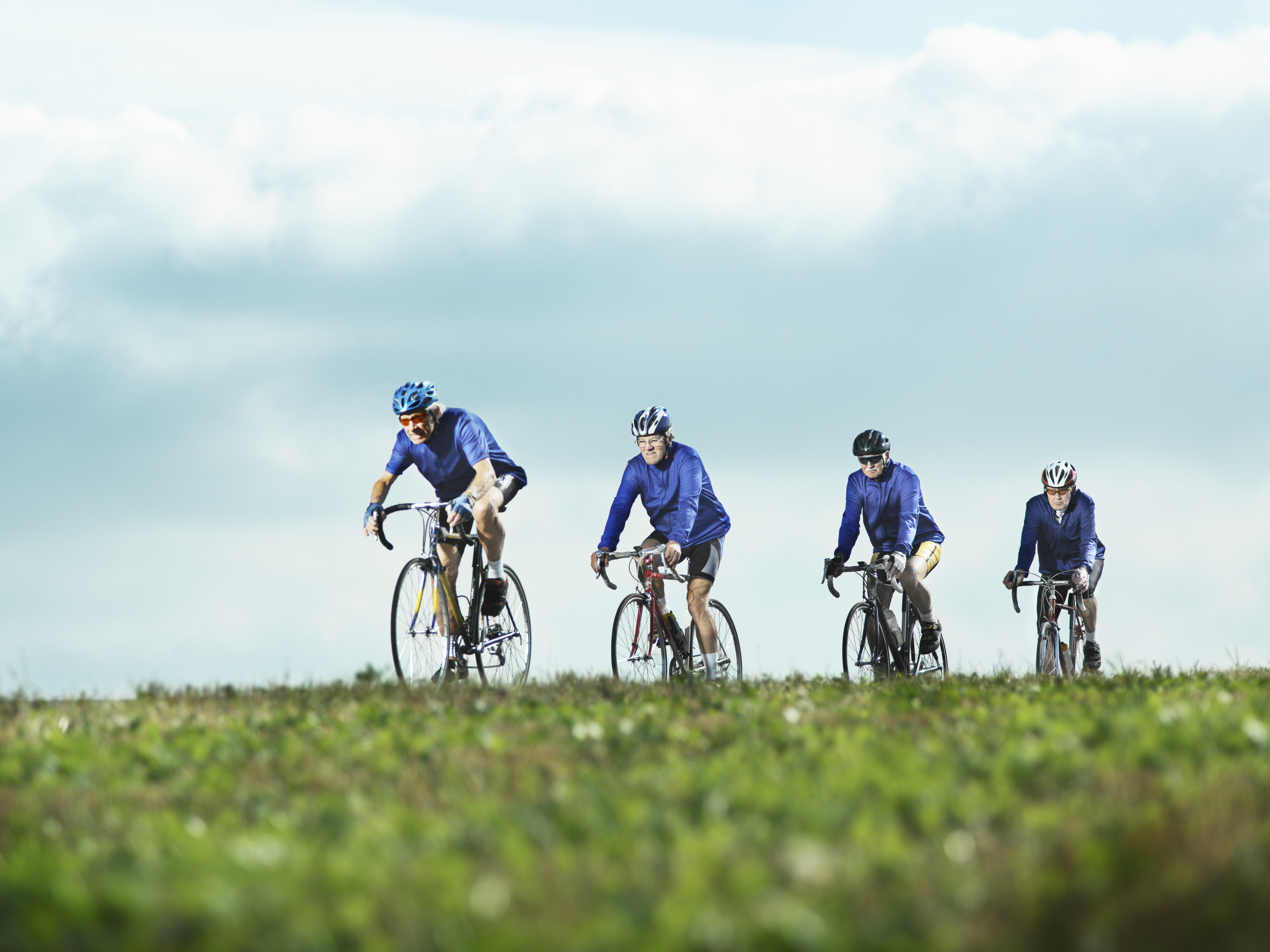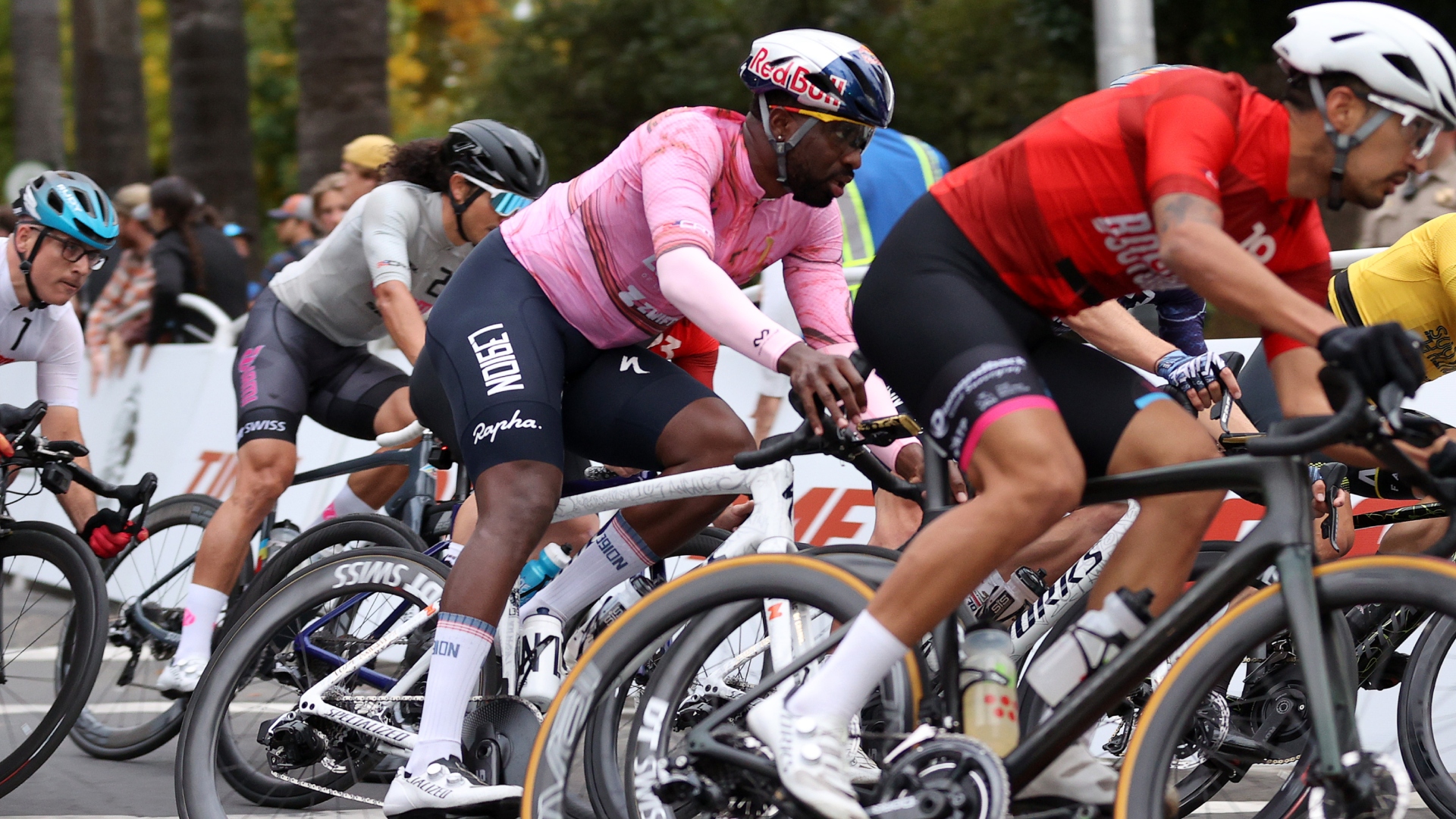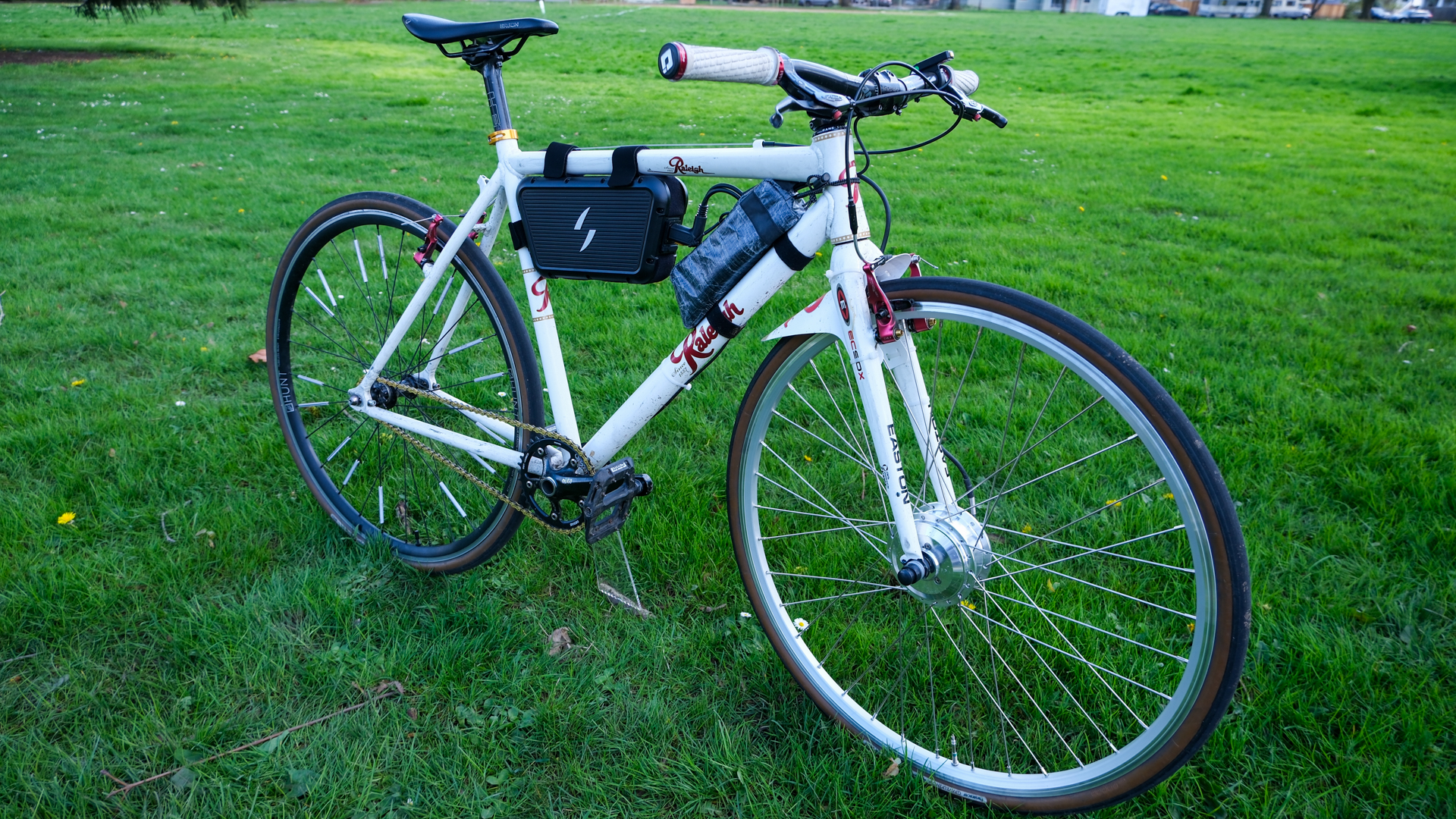I rode 200km and was confronted by the folly of middle age
'I must be as good as I once was' is not a reliable maxim when it comes to long rides, it seems


To paraphrase Greg Lemond's insight, "it doesn't hurt any less, you just go slower". One of the small chunks of wisdom that imposed itself on me during my recent and rather protracted attempt at what was the first 200km Audax event I'd ridden in more than 20 years.
The event was all part of preparation for September's Babble Ride Across Britain, which involves an average of 110 miles (177km) per day for nine days.
I was labouring, it seems, under that familiar middle-aged syndrome that manifests itself as, 'I must be as good as I once was'. In this case, I rode 200km in 2003, so why would I not be able to do it again – no matter that there's 20 years and as many kilos separating the 'new' me from the old one.
I was indeed able to ride the distance. But it's not quite that simple.

James Shrubsall has called himself a cyclist since watching Stephen Roche win the Tour de France in 1987. He's had a go at most things and is currently trying to regain the fitness of his halcyon days as he prepares for the Babble Ride Across Britain in September in support of Pancreatic Cancer UK. It will take riders from Land's End to John o' Groats over the course of nine days. The Kennet Valley Run was his first century this season – a lot more await him.
Back in the day things were different. I raced most weeks, sometimes twice, and five and six hour rides were the weekend's bread and butter as a twenty-something singleton.
So when, on March 23, 2003, I rolled up at the Stonehenge 200 (210km to be precise), I had zero concerns about completing it. I had zero concerns on the ride either, even, as I recall, chucking a few threshold intervals in along the way to make the time go quicker. As the year drew on, even the 200km became small fry, and by the end of the summer I'd completed a 300, 400, a 600 and the 1,200km Paris-Brest-Paris.
So, I thought, despite all the years in-between, and a dearth of long rides (my last imperial century was last May on the Rebellion Way, and that was a struggle), I believed – not beyond doubt – but believed strongly, I could ride 200km again.
Get The Leadout Newsletter
The latest race content, interviews, features, reviews and expert buying guides, direct to your inbox!
The event I'd chosen was called the Kennet Valley Run, a perennial favourite on the Audax calendar that starts not far from the Cycling Weekly offices to the south of Reading, and heads west past Newbury and Hungerford to the Wiltshire village of Bratton, before retracing. Crucially for my well-padded physique and inadequate form, it was relatively flat – but relatively flat still adds up to nearly 2,000m of climbing over 200km.
I managed to make Mistake One before I'd even crossed the start line – pausing to clarify a long-forgotten detail with the organiser while the 100-strong bunch disappeared up the road into what was a howling headwind that I would face alone all the way to Wiltshire unless I caught them quickly.
Given I'd spent the entire build-up reminding myself to take it easy at all costs, at least until halfway, the ensuing five-minute time trial (Mistake Two) was not the start I was looking for.
Caught up, breathless and legs complaining already, I was at least safely ensconced in the rear part of the pack, out of what was a very cold wind.
"Legs barely recovered from the last brush with idiocy, I set about attempting to close the gap"
Amazingly it took me all of five minutes to fall prey to Mistake Three, when the rider in front of me lost a rear light, jolted overboard by a pothole. As I'd been sitting on his wheel for a while, I thought that heading back a little way downhill to pick it up for him would be the gentlemanly thing to do. However, said rider had simply continued up the road unaware, along with the rest of the pack. The air turned various shades of breathless blue as I set about attempting to close yet another decent sized gap to the back of the pack, legs having barely recovered from the last brush with idiocy.
Much of the rest of the ride was less fraught. I rode out to the turn in small groups or pairs, sharing time in the wind and numerous hailstorms, nursing the legs as far as I could. I was one of the last riders to leave the small cafe at the far point of the course – mostly because I was one of the last to arrive, but also because there was a distinct lack of biting westerly inside it.
A following wind made the return leg far more bearable, all the way up to the point somewhere east of Hungerford where darkness fell and things got hilly.
I was expecting to need lights at some point, but I hadn't expected to ride in full dark for nearly two hours.
Eventually the lights of Reading came into distant view and the suburbs had never looked so welcoming; like walking into a Christmas party from a cold night outside. Unfortunately it was a party that took so long to reach, constantly edging a fraction nearer, only for the road to turn and take me away again.
Finally, with more than 200km done, I had a phone call from an unrecognised number. I spoke to the caller just long enough to ascertain that it was the event organiser, concerned as to my whereabouts, before the battery died.
Cue my third time trial effort of the day (which at this point amounted to about 100 watts) as I desperately tried to reach the finish before he packed up and went home and took all the bread pudding with him.
Five minutes later I walked unsteadily into the Memorial Hall at Graveley, blinking in the orange light, and sat down heavily. Last home. Someone asked me if I was OK. Someone else offered me beans on toast which I declined on account of feeling really quite sick.
"I'd finished inside the time limit"
I'd finished inside the time limit by around half an hour – 12-and-a-half hours after starting. Middle-aged ego down but not out, lessons learned.
For all the suffering that day, there's still a lot to be said for 'I must be as good as I once was'. Had this been my first time round the block, I might have waited far longer – years even – before finding the confidence to ride a 200km event.
This way round is a bit like tearing off the band aid. It bloody hurts, but it gets the job done. Providing you're not taking unnecessary risks with your health, I'd say don't be scared of it. You're often capable of a lot more than you imagine.
It can work well enough for training rides or process goals, which this was. However, when it comes to your season's big goal – the one you want to enjoy – preparing properly is always the way to go. It should be an experience to cherish, not one you'd rather forget.

Thank you for reading 20 articles this month* Join now for unlimited access
Enjoy your first month for just £1 / $1 / €1
*Read 5 free articles per month without a subscription

Join now for unlimited access
Try first month for just £1 / $1 / €1
After cutting his teeth on local and national newspapers, James began at Cycling Weekly as a sub-editor in 2000 when the current office was literally all fields.
Eventually becoming chief sub-editor, in 2016 he switched to the job of full-time writer, and covers news, racing and features.
A lifelong cyclist and cycling fan, James's racing days (and most of his fitness) are now behind him. But he still rides regularly, both on the road and on the gravelly stuff.
-
 Can you make a living as an American domestic road racer? A look inside the part-time professionalism of the American road peloton
Can you make a living as an American domestic road racer? A look inside the part-time professionalism of the American road pelotonAfter decades of booms and busts, the American road scene finds itself in a fragile place. We spoke to riders to understand the reality of chasing the dream on home soil
By Logan Jones-Wilkins
-
 5 things I wish I’d known before reviewing the Swytch GO e-bike conversion kit
5 things I wish I’d known before reviewing the Swytch GO e-bike conversion kitSwytch offers an effective, albeit untidy, workaround for e–bike–curious riders. But as prices drop on full e-bikes, its value proposition may be fading
By Anne-Marije Rook